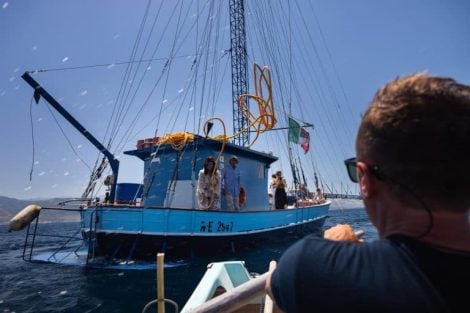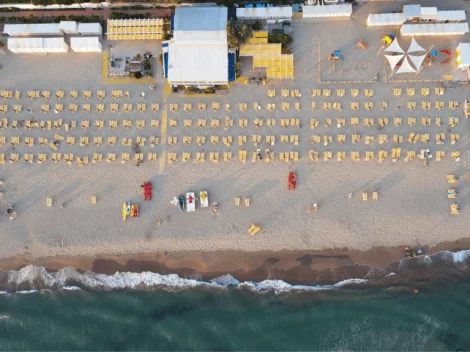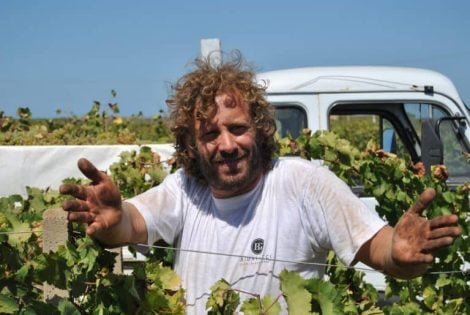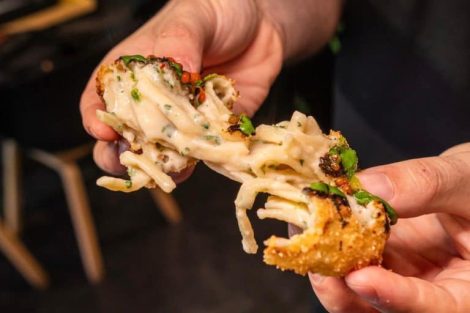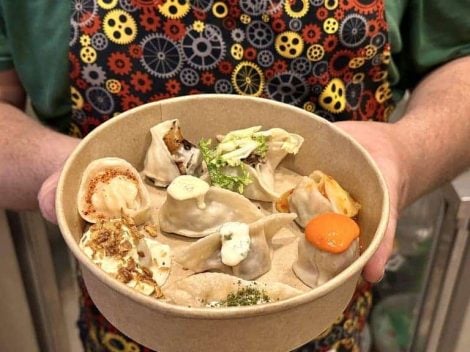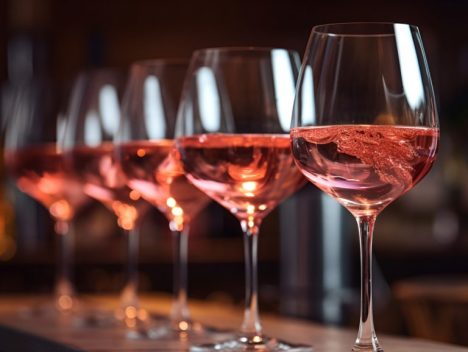Some things go well together: this is the case with wine and music. On one side, there's Tenuta Eméra, a winery now in the hands of Alessandra Quarta, and on the other, British singer-songwriter Sophie Ellis Bextor. Together, they have created a new rosé wine. The first from the winery made with Primitivo grapes, it will be released on July 27. "It’s not just about selling a product. I liked making wine with her because I enjoy mixing the worlds of music and wine, bringing people closer to wine and encouraging them to explore the region or the grape variety." This label fits into a broader discussion of a market that is changing its demands and how a winery adapts.
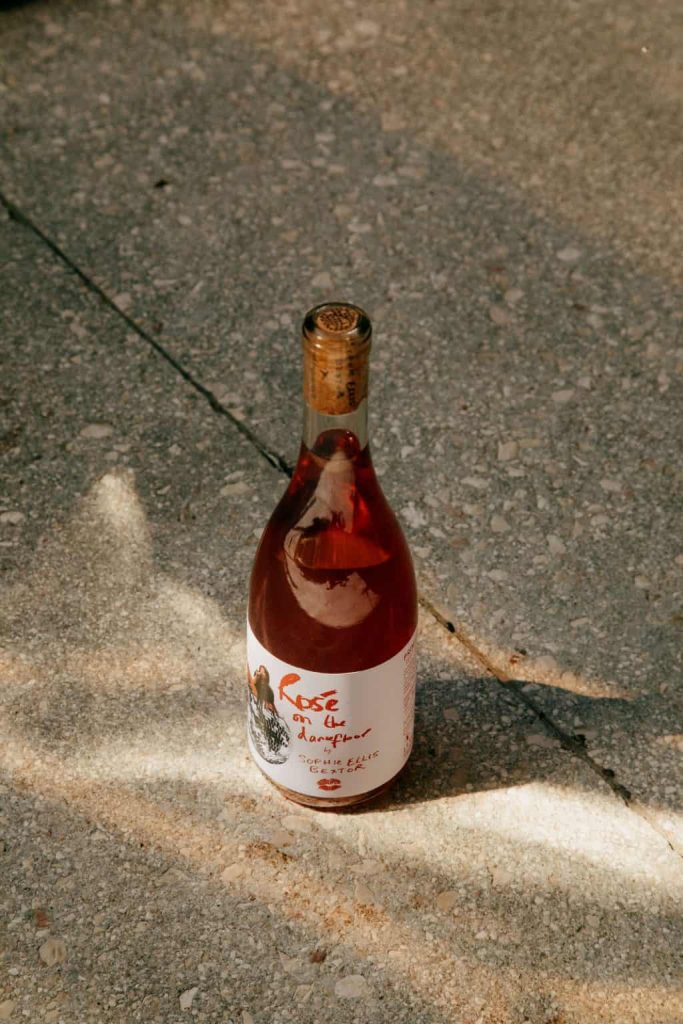
Rosé on the Dance Floor
"It all started with a chance meeting in my partner’s recording studio. Richard Jones, also a musician with the band The Feeling, had come to record. During the chat, it came up that he was Sophie Ellis Bextor’s husband, and we were thrilled at the chance to meet her." The journey for the singer-songwriter to reach the winery was short since she had bought a house in Puglia. "She came to visit us, and we spent a weekend at Tenuta Eméra. They were the first guests in the hospitality part of the estate. She tasted our Negroamaro-based rosé and was impressed because in England you can't find dry rosés, only rather sweet ones."
One weekend was enough to set the project in motion. “Rosé on the Dance Floor” nods to the singer’s 2001 hit single (Murder on the Dance Floor). "It was born with the idea of making a wine that represented her way of communicating: festive, fresh, but interpreted with our grapes and our company philosophy. We wanted to create a rosé with crisp freshness, fruity, but with the marine and savory components of these areas."
A first production that is a test of a broader discourse. Where wine will increasingly see itself paired with the world of music. "Most likely, the majority of these first bottles will go to the UK because the importer will make them available to fans, but we want to produce a larger batch and take it around the world, to Sophie’s concerts, to tell the story of Puglia, but also because England offers a type of rosé with sweet, sugary tones. She wants to bring a new, different wine, catering to a growing demand for wines that are acidic and savory."
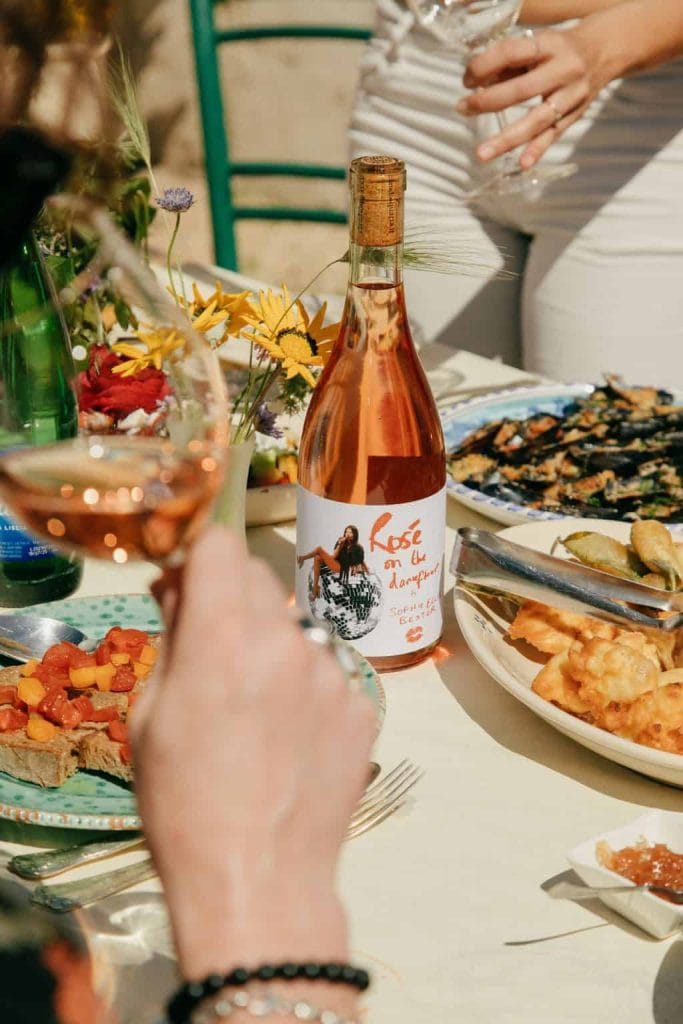
The wine of tomorrow
Little marketing, or rather, just what is needed for sales, but the new rosé is more of an experiment moving with the new market needs, seeking new ways to attract people to wine and testing new vintages that are affected by higher temperatures. "It's not a simple project to implement. We are now harvesting much earlier, starting with white grapes. This year, we will start almost a month earlier. Years ago, the fluctuation of the start of the harvest was 3-4 days, between August 10 and 15, but this year we will start in July."
The new label is part of a change that the company is pursuing. "Stylistically, we are doubling the production of Negroamaro vinified in white, and moving towards a greater production of rosé. A mindset we are adopting, but not just for commercial purposes. Those who make wine must record these changes, so also measure themselves against fresher, quicker dishes to which a more suitable wine can be paired. Similarly, even with younger generations who prefer other beverages and seek fresh, acidic, dry flavors, you feel you must do something to get closer to them without losing your identity. If market demands change, I think it is important to set your company in a different way, and I am taking an increasingly stronger position in the company of which I have taken the reins."

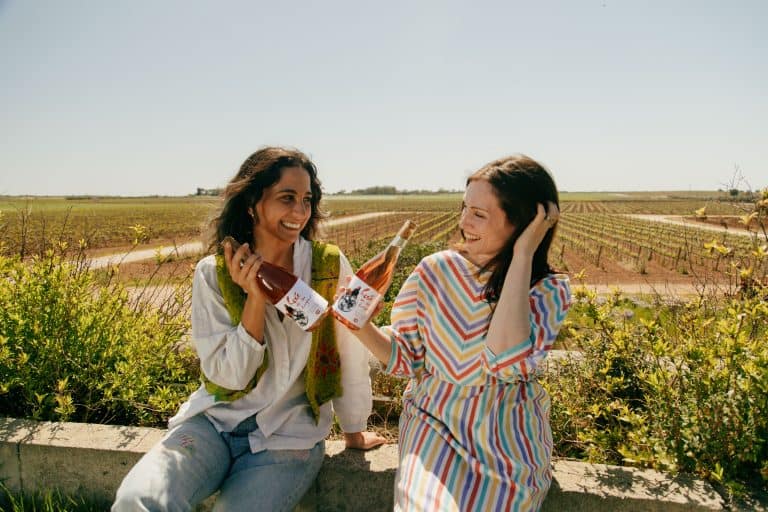
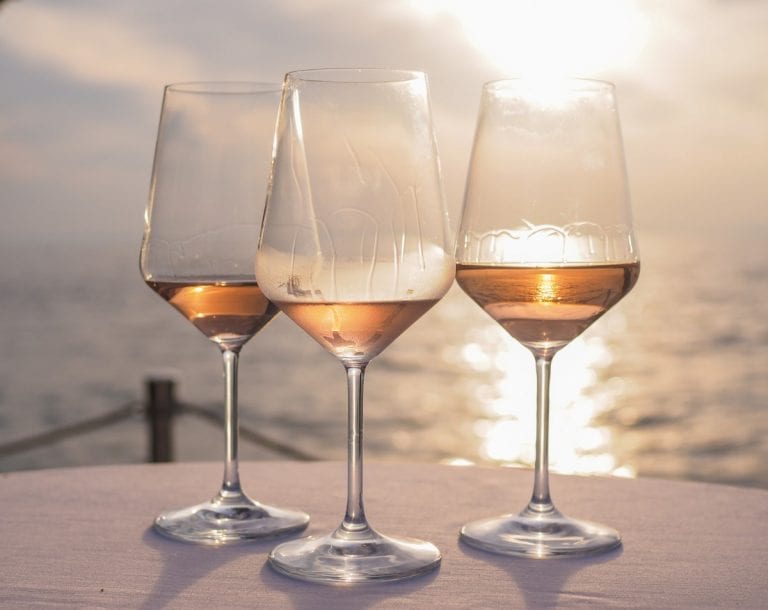 5 Bardolino Chiaretto wines with strong personality and grit chosen by Gambero Rosso
5 Bardolino Chiaretto wines with strong personality and grit chosen by Gambero Rosso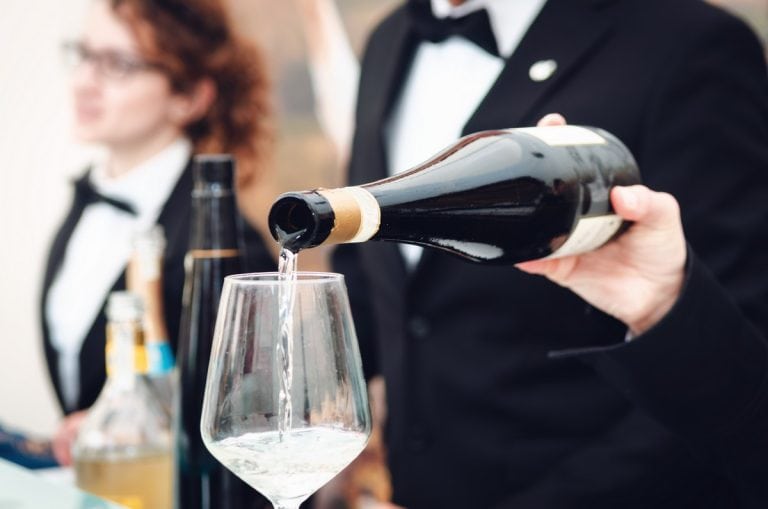 The 10 Best Moscato d'Asti with the best value for money (and an amazing pairing)
The 10 Best Moscato d'Asti with the best value for money (and an amazing pairing)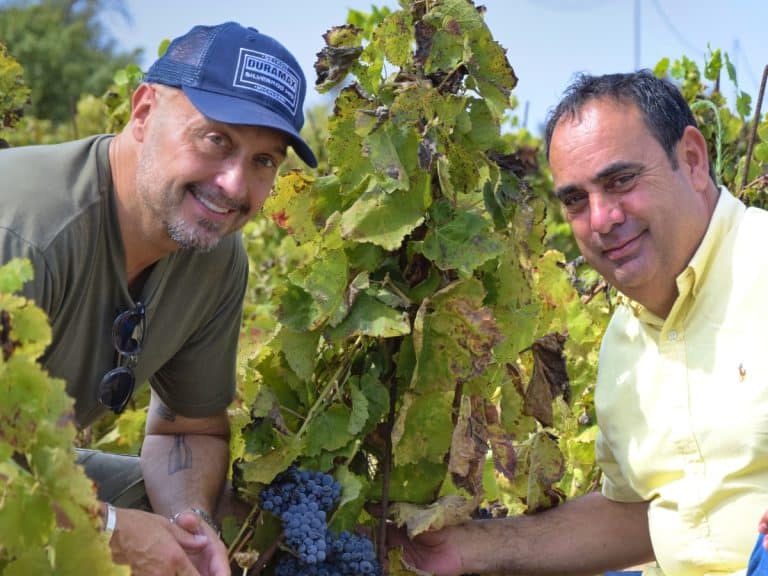 Joe Bastianich to produce wine in Sicily in partnership with a major olive oil company. Here's the project
Joe Bastianich to produce wine in Sicily in partnership with a major olive oil company. Here's the project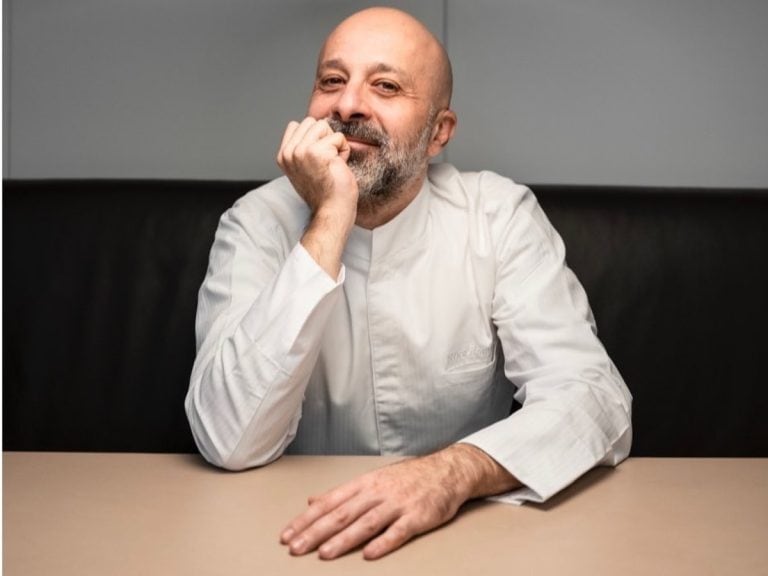 High-end dining is not in crisis, but fine dining in Italy faces unjustified criticism. Interview with Niko Romito
High-end dining is not in crisis, but fine dining in Italy faces unjustified criticism. Interview with Niko Romito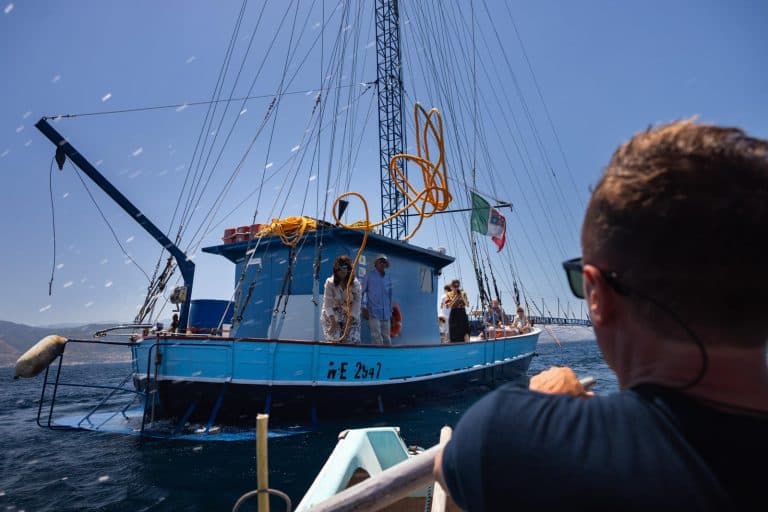 Hunting for swordfish: chronicle of a fishing trip in the Strait of Messina
Hunting for swordfish: chronicle of a fishing trip in the Strait of Messina